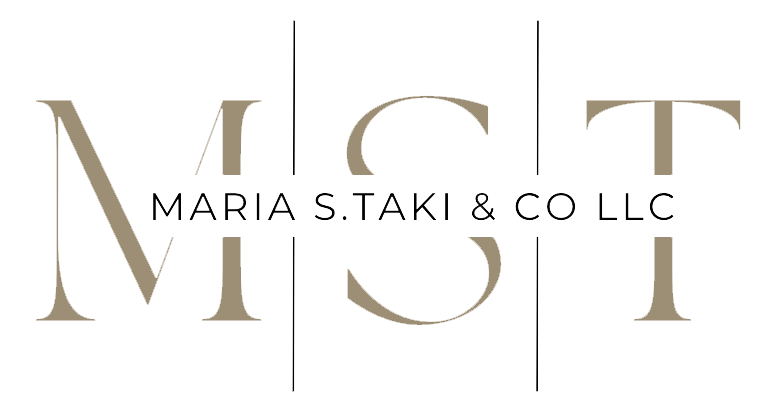13 Jan Cyprus Bans Cash Transactions Over €10,000
Cyprus has introduced a legal ban on cash transactions exceeding €10,000, aligning its framework with EU anti-money laundering (AML) and counter-terrorist financing (CTF) standards. This measure enhances financial transparency and demonstrates Cyprus’ commitment to combating illicit financial activities.
Key Details of the Ban
- Scope: Applies to transactions involving goods and services across all sectors, including real estate, luxury goods, and high-value assets.
- Penalties:
- Fines of up to 10% of the transaction amount.
- For real estate violations, prison sentences of up to five years may apply.
- Applicability: Includes both domestic and international transactions involving Cyprus-based businesses and individuals.
Implications for Businesses
Companies must adjust operations to comply with the new law:
- Alternative Payment Methods: Transition to digital banking, bank drafts, or other traceable payment instruments.
- Compliance Updates: Revise AML/CTF policies, train staff, and strengthen internal controls.
- Collaboration with Financial Institutions: Work closely with banks and payment providers to ensure seamless transactions.
- Record-Keeping and Audits: Maintain detailed records of all high-value transactions to demonstrate compliance during audits.
Enforcement and Risk Management
Non-compliance can result in significant fines, reputational damage, or criminal charges. Authorities will monitor for violations, such as structuring payments to evade the €10,000 limit.
Best Practices for Compliance:
- Seek legal counsel to navigate the regulatory framework.
- Implement compliance systems to monitor transactions and flag suspicious activity.
- Train employees on the new restrictions and reporting procedures.
- Stay updated on regulatory changes and EU directives.
Conclusion
The €10,000 cash transaction ban is a critical step in Cyprus’ fight against financial crime, fostering transparency and aligning with EU standards. Businesses must embrace compliance to protect their reputation, support ethical practices, and ensure long-term success in an increasingly regulated global market.


